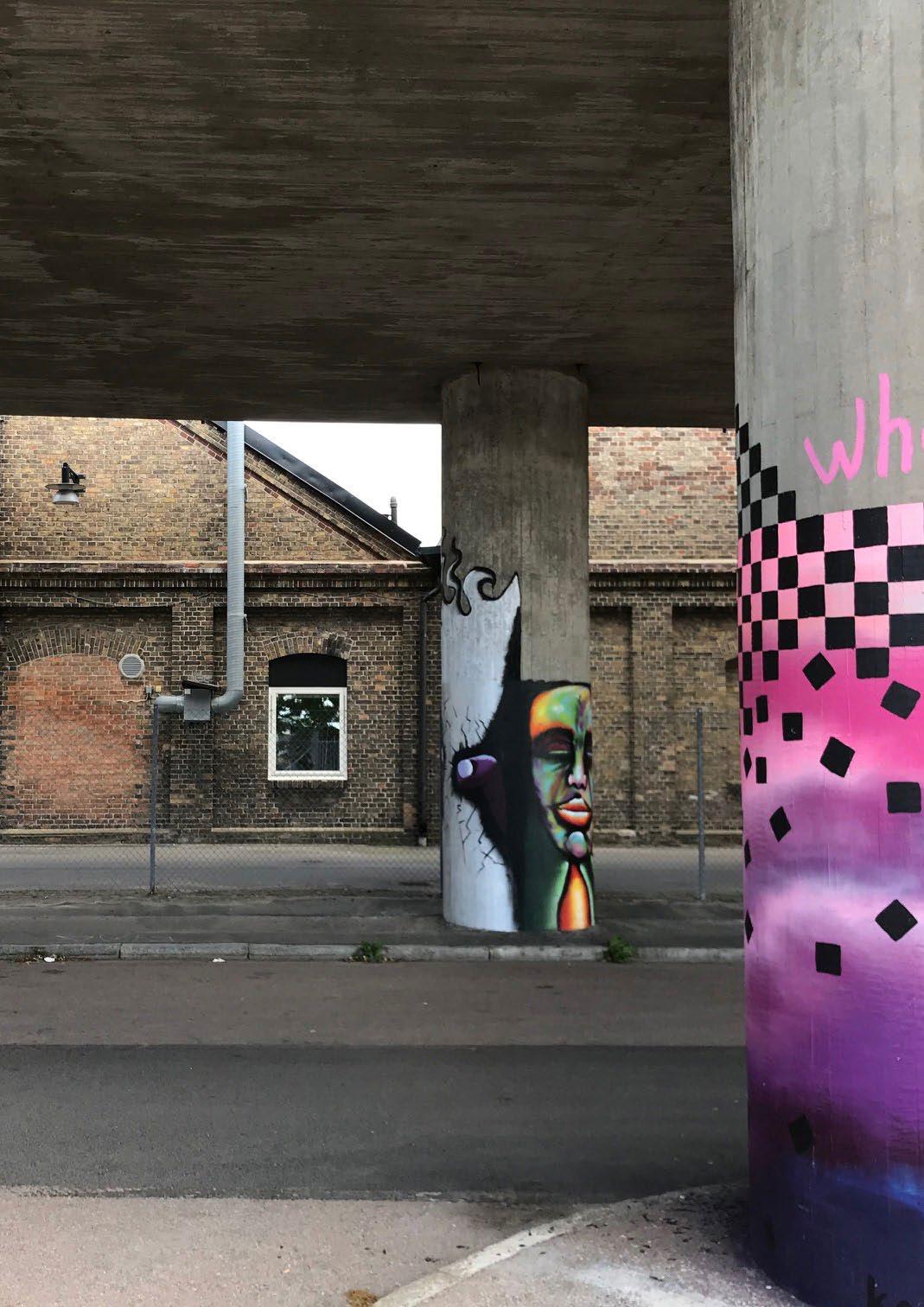
1 minute read
Course Outline
Sustainable Urban Recycling
During the autumn term of 2020, the students at Lund University, School of Architecture participated in the advanced course ‘Sustainable Urban Recycling’ (ASBN 02) and its complementary theory course ‘Urban Recycling - Theory and Methods’ (ASBN 06), focused on redevelopment of the brownfield area of Gåsebäck.
Advertisement
The aim of the design course was to develop the students’ skills in designing strategic visions for sustainable built environments through the process of urban transformation.
The theme was explored throughout the semester in seminars, guest lectures, and project tutorials with the goal that each student presents a site specific proposal for sustainable transformation of the Gåsebäck area of Helsingborg, Sweden.
Throughout the studio-based course, the students were encouraged to engage in exploring various aspects of sustainability, identifying site problems and potentials, and suggesting opportunities for refining urban components. They were guided to find their own meaning in the terms ‘recycling’ and ‘sustainability’ when re-designing the area in Helsingborg. The design intention was to integrate a comprehensive strategy, design guidelines and tools for transforming the area into a sustainable urban structure that promotes attractiveness for the everyday life of both visitors and local residents.
The design process was separated into several parts - analysis, strategy and individual design - combing both the group and individual work of the students.
The design studio resulted in 26 unique projects in which students challenged conventional ideas and tools of sustainability, preparing and supporting the process of urban transformation in Gåsebäck. The following pages are a summary of the design site and include a brief presentation of each of the students design proposals.
For further information on the course and International Master’s Program please visit our website at www.stadsbyggnad.lth.se.

